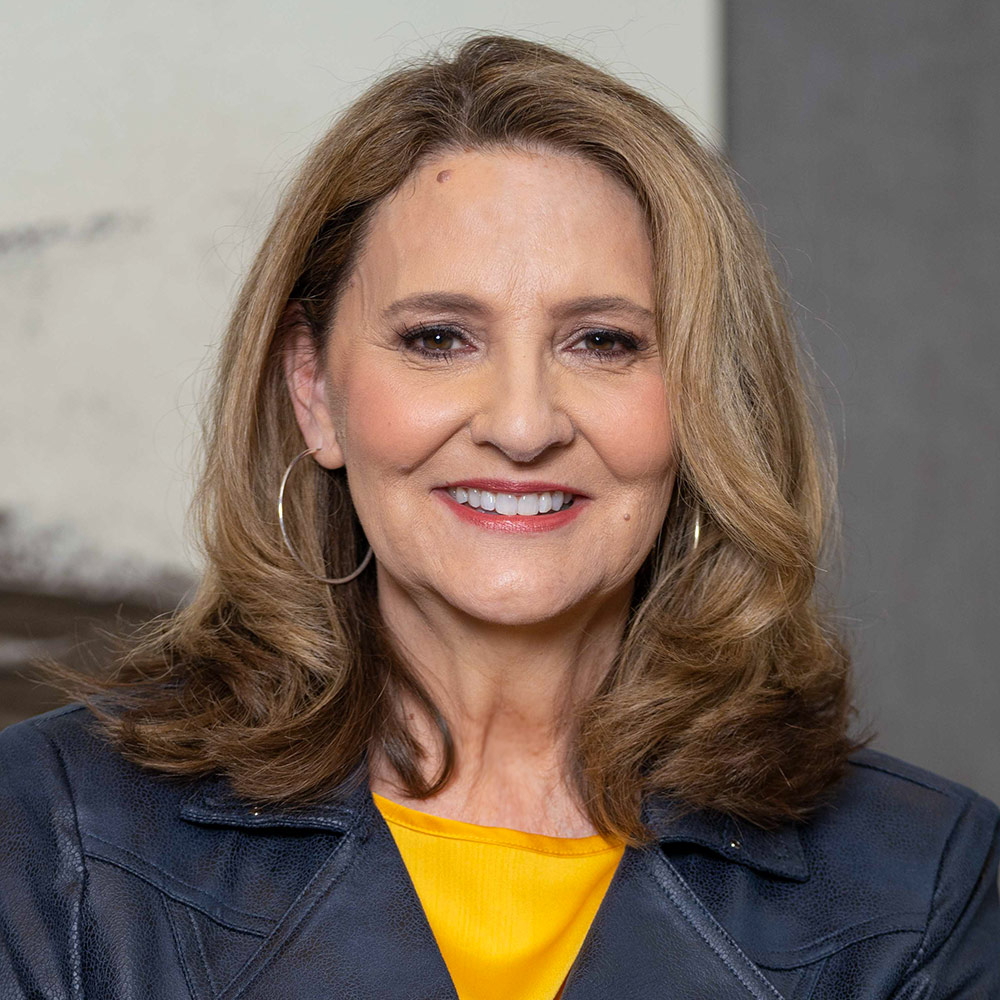
Nov 01 How to Prepare Candidates to Ascend to High-Level Positions
There’s nothing worse than a new hire that’s not the right fit. While that’s discouraging for any position within your organization, it’s especially frustrating when you’re talking about a high-level position. You need your senior vice president, CFO, or another key player to hit the ground running.
You probably already know that the best way to ensure success is to hire from within your organization. You are already on the lookout for your best and brightest people who have the capability to move into senior roles. You’re trying to get to know these candidates — how they fit into your culture, their current skill sets, and what they need to move up even higher. You may wonder, what else is required?
You need to prepare them now for the future, before the promotion.
Even the best candidate needs to be prepared. You don’t want them spending the first days, weeks, and months figuring out must-have skills to thrive in their new job. This is why blue-chip organizations have contacted us to help them prepare their top talent for the C-Suite. Our Predictable Promotion® system has worked in over 40 industries and 39 different countries. While it’s custom tailored to fit the individual and the organization, it’s battle-tested and our track record is impressive.
Today, I’m going to share with you a few critical skills from our Predictable Promotion® system that help leaders ascend to a high-level senior position in record time. Again, these are areas that need to be developed prior to the promotion.
1). Observe How to Navigate a Higher-Level Network. Moving from Senior Vice-President into a CEO, CMO, or CFO role means your network changes dramatically. The people who were once your peers now become direct reports, and your stakeholders are higher-level people. Navigating these new relationships isn’t easy.
This is where a leadership role model can be extremely helpful. When leaders have the opportunity to interact with role models within the organization, they’ll be able to observe how they communicate. They become increasingly comfortable in this new higher-level network before the promotion makes it their new normal.
2). Practice Advanced Communication Skills. It can be challenging when suddenly, a new position means you need to communicate a tough corporate message. Or maybe it’s up to you to make a presentation to the Board of Directors and gain their buy-in on your vision.
This is where the practice is key! Leaders need to practice giving compelling presentations that tell a powerful story. They must learn how to frame language to gain buy-in or influence others. The more they can practice these types of skills before a promotion, the greater they will have these advanced communication skills under their belt. This is part of the leadership coaching we provide. Our clients practice these communication skills and get instant feedback on how to improve and they steadily become better and better.
3). Master the Powers of Delegation, and Alignment. I’ve seen that when people are promoted, they still want to do the technical part of their job since that’s what is comfortable for them. But as you know, when you move into the C-Suite, you can be managing hundreds of people. The higher you rise, the more you become the orchestra director. Stepping away from your area of excellence so you can oversee your team, can be a new and confusing concept for many newer leaders.
This is a skill set that takes time and experience to develop. Can you give this potential leader more opportunities to oversee others and learn how to delegate effectively? They’ll also benefit from coaching on how to align their team to build followership as they work together to achieve organizational goals.
4). Prepare to Build High-Value Teams. For a leader to be successful, they have to get their team to trust each other, challenge one another, and hold every member of the team accountable for results. That means you need to have difficult conversations, challenge the status quo in meetings, and listen to diverse points of view. This is a skill that many senior-level executives still haven’t quite figured out.
Preparing someone to build a dynamic, high-value team is not easy to do. When we are coaching leaders, we often observe them lead a team meeting. Often, we see a lack of trust among the team members. It shows up in a variety of ways, so we work with the leader on some specific techniques to build trust by creating a collaborative environment. This way when they gain a new, higher-level team after a promotion, they are ready to be both respected and challenged. They’re confident in their ability to build a more dynamic, engaged and trusting team relationship.
The best organizations we work with are focused on developing their internal talent to be ready to ascend into higher leadership positions. They know what’s needed to survive and thrive in this new leadership frontier.
Our passion is helping leaders know their purpose, value, and how to work collaboratively within the corporate ecosystem. This not only helps them gain a promotion in record time, but it also ensures you don’t regret giving them the promotion. From the very first day, they know why they’re there and are prepared to do their job well.
What opportunities do your potential high-level candidates have to:
- Advance their communication skills?
- Learn how and what to delegate?
- Get feedback on their team dynamics at meetings?
- About the Author
- Latest Posts
Sarah Hathorn, CEO of Hathorn Consulting Group, is the go-to-expert in working with leaders and companies to create successful corporate DNA. As an executive coach, consultant and speaker she collaborates globally with clients and brands such as Deloitte, McKesson, Kimberly-Clark, Sherwin-Williams, Home Depot and other leading organizations.
Subscribe today to get my newsletter, Corporate DNA™ for leadership articles on how to maximize your talent pipeline, develop & enhance leadership capabilities, inspire and influence to communicate top results and much more.






No Comments